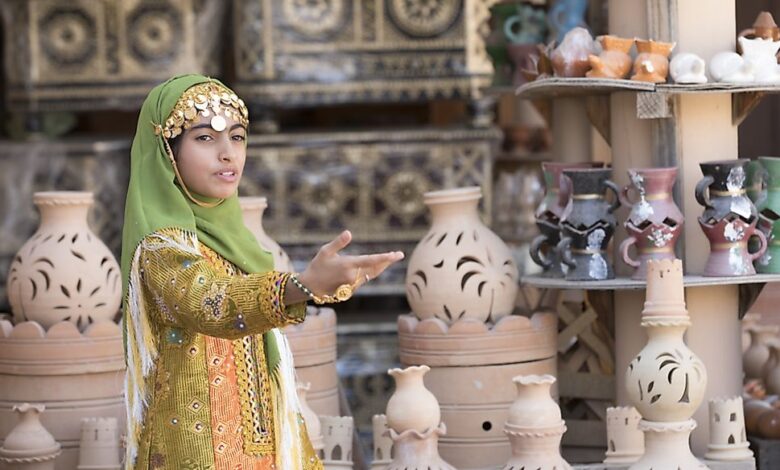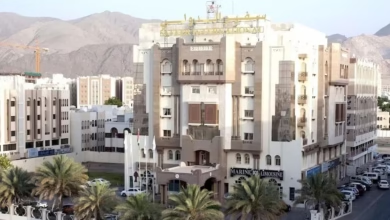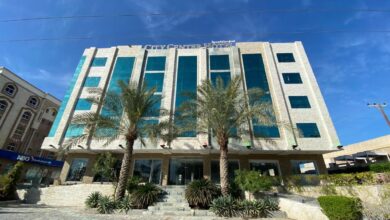
Oman, located on the southeastern tip of the Arabian Peninsula, is a country where tradition and modernity coexist harmoniously. The beauty of Oman Culture lies in its ability to preserve deep-rooted customs while embracing progress. From hospitality to music, from crafts to cuisine, every aspect reflects the values and spirit of the Omani people.
Historical Foundations of Oman
The history of Oman stretches back thousands of years, with trade routes connecting it to Africa, India, and the Middle East. Ancient forts, archaeological sites, and seafaring traditions have left a strong cultural imprint. The legacy of maritime trade and frankincense routes shaped the early foundations of Oman Culture, blending influences from across continents.
Traditional Arts and Crafts
Art is a cornerstone of Omani identity. Silver jewelry, pottery, and handwoven textiles reflect the creativity of local artisans. The famous khanjar (curved dagger), often worn during formal events, symbolizes pride and heritage. These crafts are not only decorative but also serve as cultural symbols, preserving traditional skills that have been passed down through generations.
Music, Dance, and Oral Traditions
Oman’s music and dance forms are vibrant expressions of community life. Traditional instruments such as the oud and drums accompany folk dances performed during weddings and festivals. Oral storytelling also plays a central role in keeping legends and history alive. These performances reflect how Oman Culture connects people through shared rhythm and narrative.
Cuisine – A Taste of Omani Life
Food is an integral part of daily life in Oman. Traditional dishes such as shuwa (slow-cooked lamb), halwa (a sweet delicacy), and fresh seafood reveal a rich culinary heritage. Meals often symbolize hospitality, as guests are welcomed with coffee and dates a practice deeply rooted in Oman traditions and social etiquette.
Religion and Daily Practices
Islam is central to Omani life, shaping values, festivals, and community practices. Mosques are not only places of worship but also centers of learning and gathering. The holy month of Ramadan and the celebrations of Eid highlight the strong role of faith in daily life. Respect, generosity, and hospitality are key virtues influenced by religious teachings.
Hospitality and Social Etiquette
The warmth of Omani hospitality is world-renowned. Visitors are often greeted with coffee, dates, and sincere smiles. Family ties are strong, and elders are deeply respected. Traditional attire, such as the dishdasha for men and colorful abayas for women, remains a visible symbol of cultural pride, even as Oman embraces modernization.
Modern Influences and Global Outlook
While rooted in tradition, Oman has adapted seamlessly to the modern world. Cities like Muscat showcase contemporary architecture, luxury shopping, and global cuisine, yet traditional markets (souqs) and historic forts still thrive. This blend of old and new ensures Oman Culture remains relevant, dynamic, and inspiring to both locals and international visitors.
Final Thought
Oman Culture is a living testament to the nation’s history, creativity, and values. From traditional crafts and music to hospitality and modern lifestyles, it reflects a balance between heritage and progress. For travelers and learners alike, exploring Omani traditions provides not only a glimpse into the past but also a deeper understanding of the country’s evolving identity.




